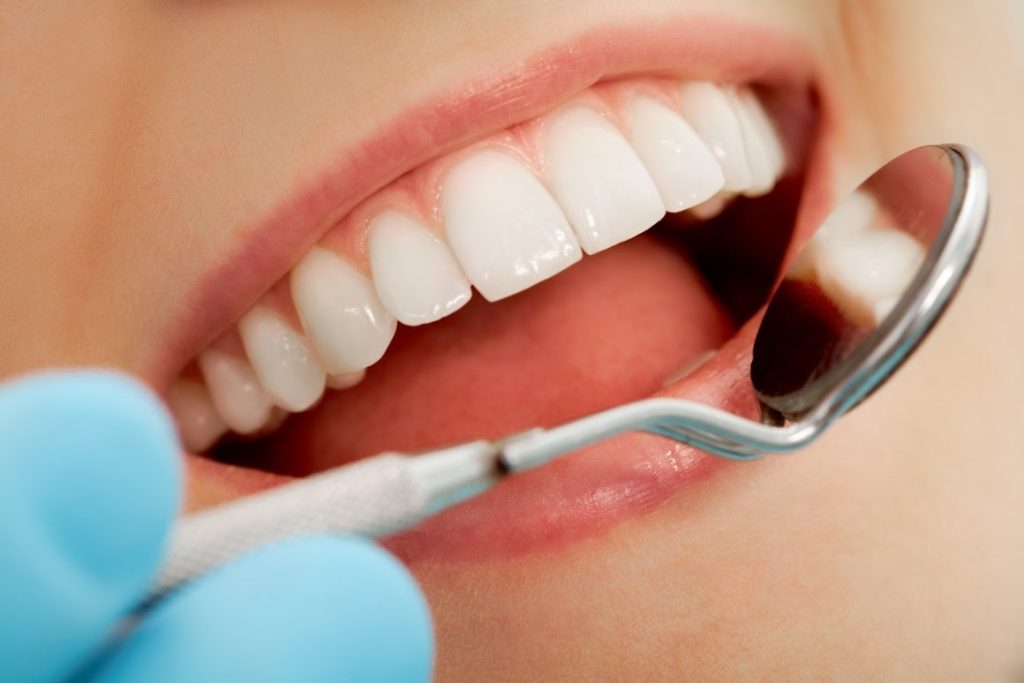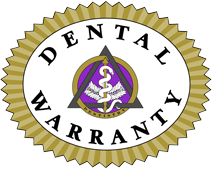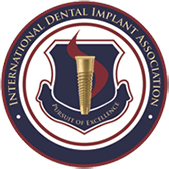Cavities are one of the most common problems of dental patients. The National Health and Nutrition Examination Survey reports that 92% of adults age 20 to 64 have caries or tooth decay in their permanent teeth and 26% of them do not get the treatment that they need.
Cavities are a very serious dental problem. If they are left untreated, they can get larger and affect a bigger area of your tooth. Untreated cavities lead to toothache, infection and even tooth loss. That is why it is important for patients to know how cavities start so they can prevent it from developing and what they can do to manage if they already have cavities in their teeth.

Causes of Cavities
Cavities can take some time to develop, and the most common cause of cavities is tooth decay. On the other hand, tooth decay can be caused by:
Plaque: is a clear, sticky film that is made up of acid, bacteria, food particles and saliva. It builds up in your teeth over time and sticks to it. Plaque attacks the enamel of your teeth and bacteria feeds on your teeth that will eventually create holes in it.
Poor oral hygiene: poor oral hygiene is the main reason why patients develop plaque, which in turn attack your teeth and cause tooth decay. Not brushing your teeth regularly will allow the bacteria to build up in your mouth and eat away the enamel of your teeth.
Unhealthy diet: your diet plays an important role in the development of cavities. Whenever you eat or drink, food particles stay in your mouth, and you might not be able to remove these food particles completely even after you brush your teeth. Food that clings to your teeth is a breeding ground for bacteria that causes tooth decay.
How Do Cavities Progress?
As mentioned, cavities are the result of plaque forming in your teeth and attacking its enamel. The acid in the bacteria removes the minerals in your teeth and this causes tiny holes and erosions. Once the enamel on your teeth has been completely removed over time, the bacteria will then attack your teeth’s dentin or the softer layer of your teeth. It will continue to reach the pulp or the innermost layer that contains nerves and blood vessels. This can cause swelling, pain and discomfort around your teeth.
How to Fix Cavities?
There are various treatment options for cavities depending on the severity of the damage. If the damage is minor and your dentist detects a small erosion in your teeth, he or she may recommend dental fillings to help save your teeth and prevent the cavity from worsening.
However, if the condition is already bad, there are no other options but to opt for a root canal or even tooth extraction. Visit your dentist immediately if you think that you have tooth decay or cavities.
Cost of Managing Cavities
The cost of treating and managing cavities again depends on the severity of the problem, but serious cases can rack up hundreds of dollars in treatment costs. If you live in the University area, or Concord Mills, there are great options for you to cover the cost of treating cavities.
Modern Family Dental Care offers a Wellness Savings Plan that can help you cover the cost of dental treatments even without dental insurance.






